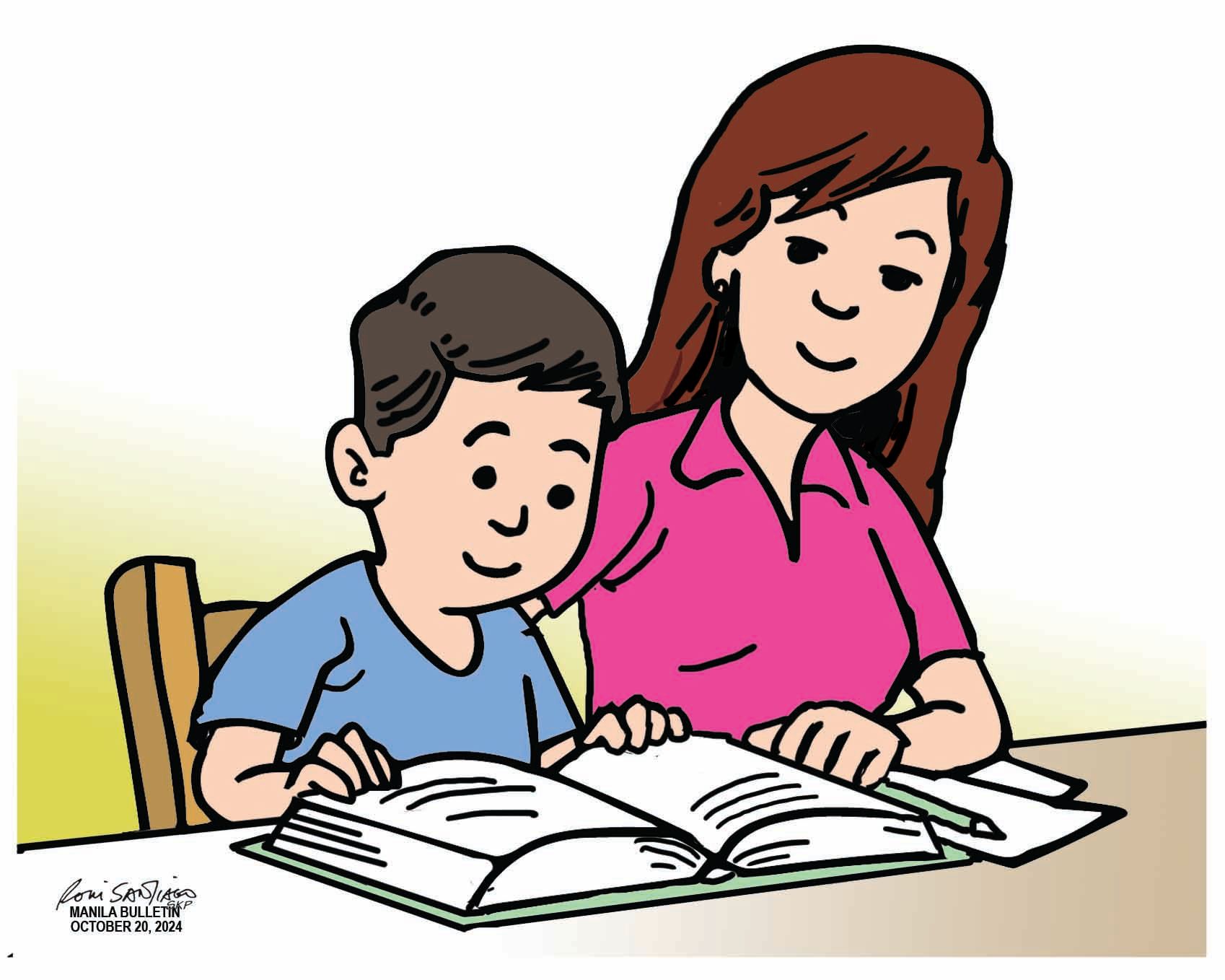
The Academic Recovery and Accessible Learning (ARAL) Law, signed by President Marcos on Oct. 18, seeks to accelerate learning recovery and address the education gaps worsened by the Covid-19 pandemic.
President Marcos said the new law is an important step in addressing what he described as a “pressing” and “profound” challenge that the education sector faces.
It has been welcomed as a “critical intervention” by Department of Education (DepEd) Secretary Sonny Angara.
Senate President Francis “Chiz” Escudero called it a timely and essential intervention toward addressing the learning crisis in the country, and House Speaker Martin Romualdez said the law ensures that students who are struggling in their academics will not be left behind.
The ARAL Law seeks to establish a national learning intervention program to assist struggling students in meeting the required standards for their respective grade levels. It will engage teachers, para-teachers, and pre-service teachers in giving free tutorials through face-to-face, online, or blended sessions.
The program will concentrate on enhancing students’ competencies in key learning areas, including reading and mathematics for Grades 1 to 10, as well as science for Grades 3 to 10. For Kindergarten learners, the program will prioritize developing foundational skills to bolster literacy and numeracy competencies.
The program is particularly intended for students who are returning after a hiatus, are below the minimum proficiency levels in reading, mathematics, and science, and those who fail examinations during the school year. Students who meet the minimum proficiency levels may also enroll in the supplemental classes during the summer break.
Basic education, which includes proficiency in reading and mathematics, will prepare the future generation to become productive members of society. It will open opportunities for better jobs and better lives.
The learning crisis was reflected in the 2022 findings of the Program for International Student Assessment (PISA) released in 2023, which reported that students in the Philippines are years behind their age levels in reading, math, and science. Reports showed that the country barely progressed since it joined PISA in 2018. The blame was placed on the slow recovery of students’ learning competency following the pandemic.
The ARAL Law aims to build a solid foundation in literacy and numeracy based on national learning interventions grounded on the following premises cited by Senator Sherwin Gatchalian, chairman of the Senate Committee on Basic Education: “Well-systematized tutorial sessions; well-designed intervention plans and learning resources developed in consultation with curriculum experts and reading specialists, following a learner-centered approach; and effective and accessible delivery modes for tutors and learners.”
This very welcome response from the government also institutionalizes the volunteer tutoring initiatives conducted independently by teachers and private groups after the pandemic to help students lagging behind in reading and math.
With the systems designed to make the tutorial sessions work, the country looks forward not only to better scores in the PISA tests, but to a generation of Filipinos who are equipped to contribute to the country’s economic growth.